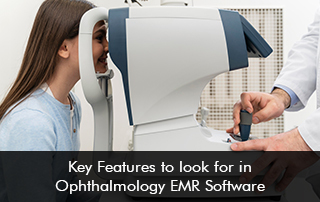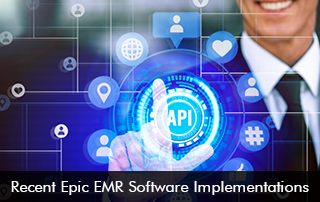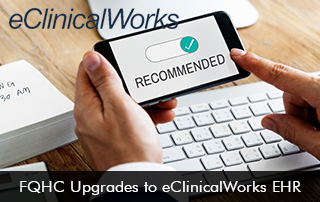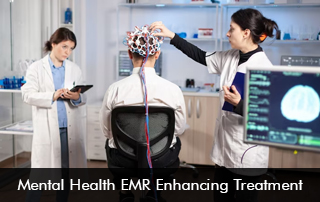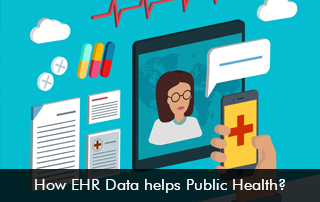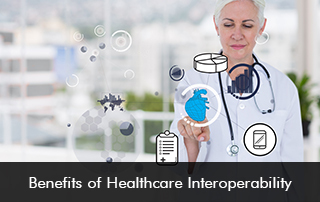The Role of EMRs in the ED
A hospital’s emergency department is one of the busiest and most faced-paced units. The environment there is demanding as patients require care in emergencies so they can be stable. Around any time of the day, patients suffering from any condition or complaint may be bought to the ED. EHR Systems leveraged in the ED Physicians [...]




